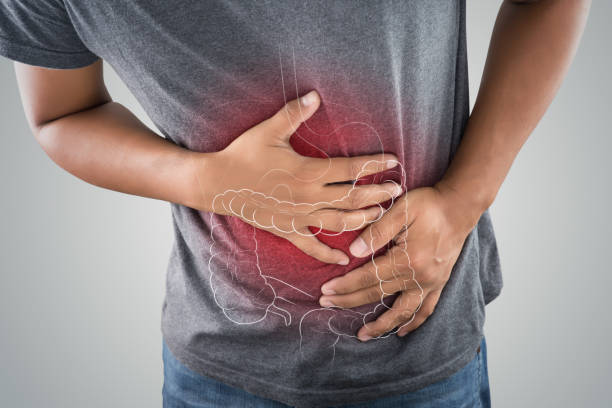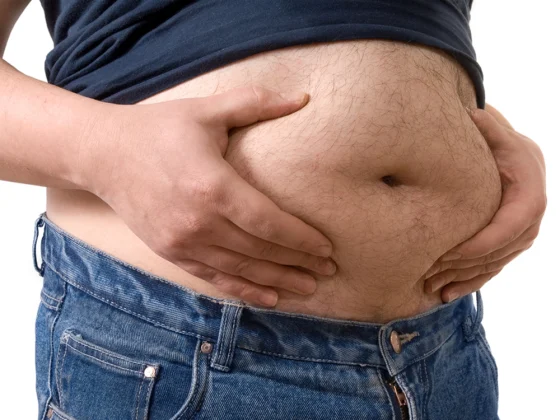Diarrhea is a common yet often underestimated health condition that affects people of all ages. It’s not just a toilet issue — it may signal infection, dehydration, or a chronic disease. It’s not just a “toilet issue” — it can be a serious sign of infection, dehydration, or a chronic condition.

What is Diarrhea?
•Diarrhea means passing loose, watery stools more than 3 times a day. It can be acute (sudden onset, lasting a few days) or chronic (lasting more than 2-3 weeks).
Worldwide, >1 billion individuals suffer one or more episodes of acute loose motion each year. Among the 100 million person affected annually by acute diarrhea in US, Nearly half must restrict activities, 10%consult physician, ~250,000 require hospitalization and ~5000 die(elderly).
Common Causes of Diarrhea
Travelers diarrhea, Nearly 40% of tourists to endemic regions of Latin America,Africa,Asia develop so called traveler’s loose motion.
Commonly infections occurs due to E.coli, In swimmers Giardia and Nepalese may acquire cyclospora, Norovirus infection also increasing.
So whenever you travels outside to your country take proper vaccination at your medical centers.
•Food poisoning: Often from contaminated food or water.Diarrhea closely following food consumption at a picnic, banquet, or restaurant may suggest infection with Salmonella,Campylobacter, or Shigella from chicken; enterohemorrhagic E. coli (O157:H7) from undercooked hamburger; Bacillus cereus from fried rice or other reheated food.
•Lactose intolerance: Trouble digesting milk and dairy. when you drink milk you will excrete heavily from childhood but sometimes it develops due to allergic response.
•Medications: Especially antibiotics, which disturb gut flora. If you are taking antibiotics you can get loose motion. It supports clost. defficile growth. Some diabetic drugs also causes loose motion,drugs poisoning opioids taking, farmer’s op poisoning. There are many drugs and poisons which causes loose motion.
•Diseases: Irritable bowel syndrome (IBS), Crohn’s disease, or ulcerative colitis. In AIDS some opportunistic inf. like CM Virus, Cryptosporidium inf. causes diarrhea.
Tumors: Zolinger elinger syndrome, pancreatic cancers, VIPoma these causes stimulation of pancreatic juice secretion which increases GI motility and menifests loose motion.
Why Dehydration is Dangerous
Diarrhea leads to loss of fluids and electrolytes like sodium and potassium. This can cause weakness, dizziness, low blood pressure, and even shock — especially in infants and the elderly.
In children vaccination schedule should be properly managed, Rota virus vaccine is under schedule in India it is also common in US. ORS and albendazole should be given for high risk age groups.
Treatment and Home Remedies
•Stay Hydrated: Use ORS (oral rehydration solution) — it’s lifesaving!
•Eat Light: Banana, rice, toast, applesauce — easy to digest foods.
•Avoid: Spicy foods, caffeine, alcohol, and dairy (if lactose intolerant).
Probiotics: Help restore good gut bacteria. You can take yoghurt, buttermilk, other fermented food,LAB tablets.
These all are home remedies now medical treatment. DON’T TAKE ANY DRUG WITHOUT CONSULTATION.
Antibiotics: Fluroquinolones like ciprofloxacin (500 mg bid for 3–5 d). Metronidazole (250 mg qid for 7 d),Bismuth
subsalicylate may reduce the frequency of traveler’s loose motion.Use of ciprofloxacin, azithromycin, or rifaximin may reduce bacterial loose motion in such travelers by 90%. For chronic diarrhea PPIs(omeprazole) for the gastric
hypersecretion of gastrinomas, somatostatin analogues such as octreotide for malignant carcinoid syndrome.
•When to See a Doctor for Diarrhea:
•Diarrhea lasts more than 3 days
•You see blood or mucus in stool
•High fever, severe pain, or signs of dehydration
A Public Health Concern
Diarrhea is a leading cause of death in children under 5 globally, mostly due to unsafe drinking water and poor sanitation. Simple hygiene practices like handwashing and clean water can prevent most cases.
•Diarrhea is usually self-limiting but never ignore it. Proper hydration and timely care can make all the difference. If you’re unsure or symptoms persist, always consult a physician.(see WHO)


Pingback: Dengue: Causes, Symptoms, Treatment, and Prevention
Pingback: Palpitations: Causes, Symptoms, Diagnosis & When to Worry